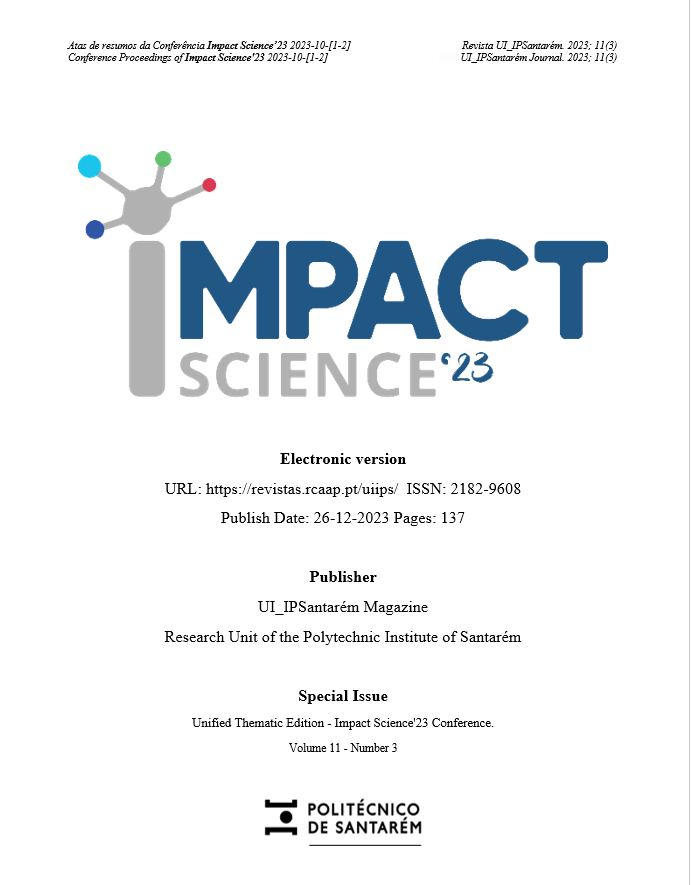Rethinking Higher Education
Demands for the Maritime Sector
DOI:
https://doi.org/10.25746/ruiips.v11.i3.32346Keywords:
Higher education, Maritime Sector, experiential learning, professional trainingAbstract
In the last few decades, Higher Education has revealed significant changes, both in what concerns curricular development, and the restructuring of pedagogical frameworks, as well as the way the relationship between students and educators is conceived. Within the European context, the implementation of the Bologna Process has brought significant theoretical and practical consequences. We are now witnessing a challenging coexistence between the globalization inherent to the concept of “Europe”, and a significant emphasis given to the learning individual. Such value given to individuality takes various forms, namely intellectual autonomy, and several particular competencies and skills, such as creativity and the ability to develop and sustain collaborative work.
The dichotomy “I” versus “the Other” dilutes itself, as a clear need to stimulate a sense of belonging to different contexts emerges during academic life and is maintained within the professional career, with an expected transference of skills and competencies.
We intend to look at some key stages in this clear development of a paradigm shift within Higher Education, from a diachronic point of view, in order to contextualize new possibilities to conceive the academic training of future professionals in the maritime sector.
As such, we shall demonstrate the validity of experiential learning, namely through the methodological experimenting with living labs, as well as a strengthening link between academia and the corporate world.
Simultaneously, we intend to consider new possibilities for curricular and pedagogical innovation, geared towards the current demands in the job market: autonomy, adaptability, leadership, conflict resolution, a sense of collective belonging coexisting with a strong awareness of the self and the individual role played by each actor in the educational process.
Downloads
Published
How to Cite
Issue
Section
License
Copyright (c) 2023 Ana Luísa Teixeira

This work is licensed under a Creative Commons Attribution-NonCommercial-NoDerivatives 4.0 International License.
Authors publishing in this journal agree to the following terms:
Authors retain copyright and grant the journal the right of first publication, with the article simultaneously licensed under the Creative Commons Attribution License that allows sharing of the work with acknowledgement of authorship and initial publication in this journal.
Authors are permitted to enter into additional contracts separately for non-exclusive distribution of the version of the article published in this journal (e.g., publish in an institutional repository or as a book chapter), with acknowledgment of authorship and initial publication in this journal.
Authors have permission and are encouraged to publish and distribute their work online (e.g., in institutional repositories or on their personal webpage) at any point before or during the editorial process, as this may generate productive changes, as well as increase the impact and citation of the published work.



